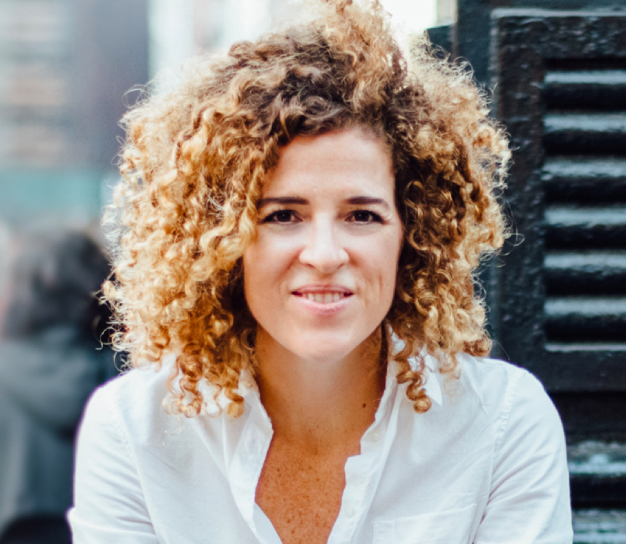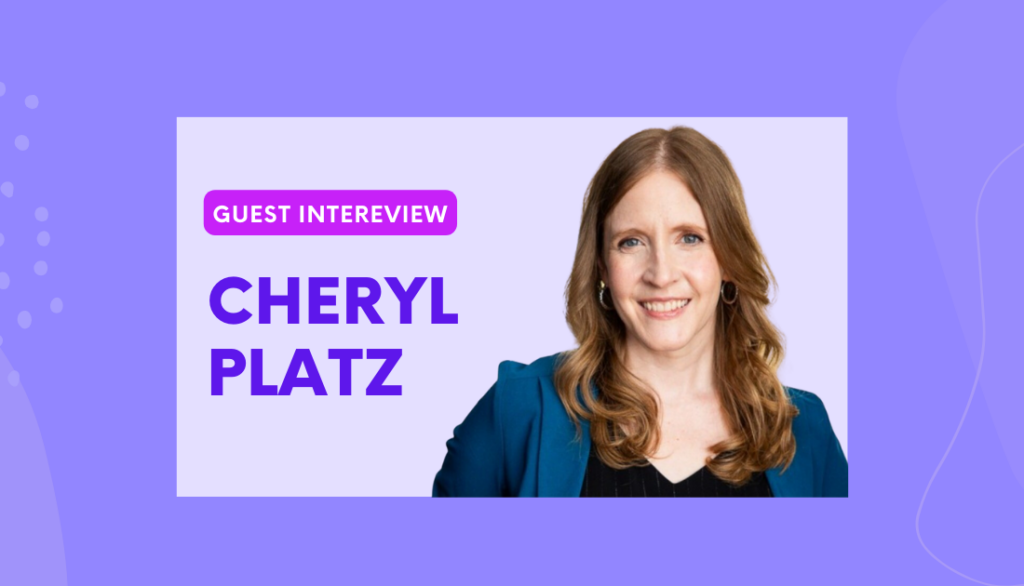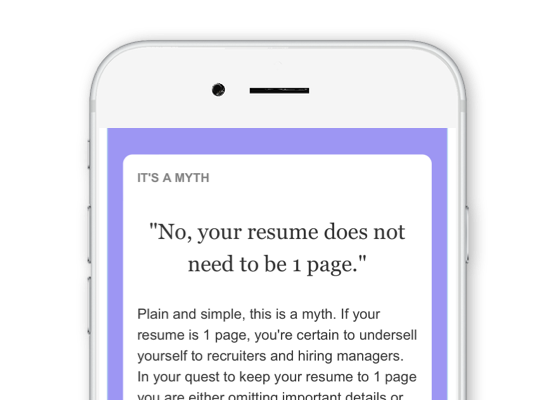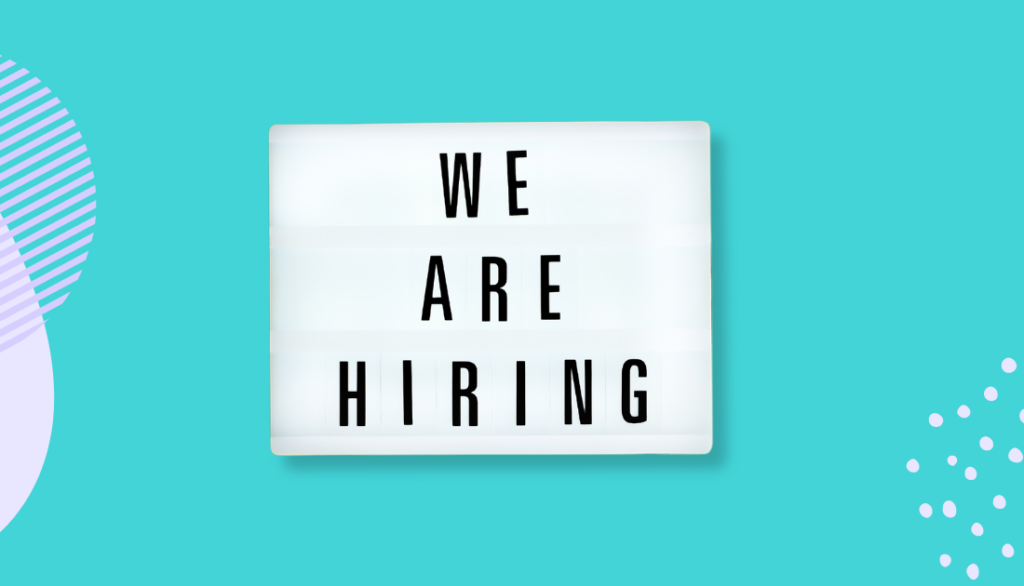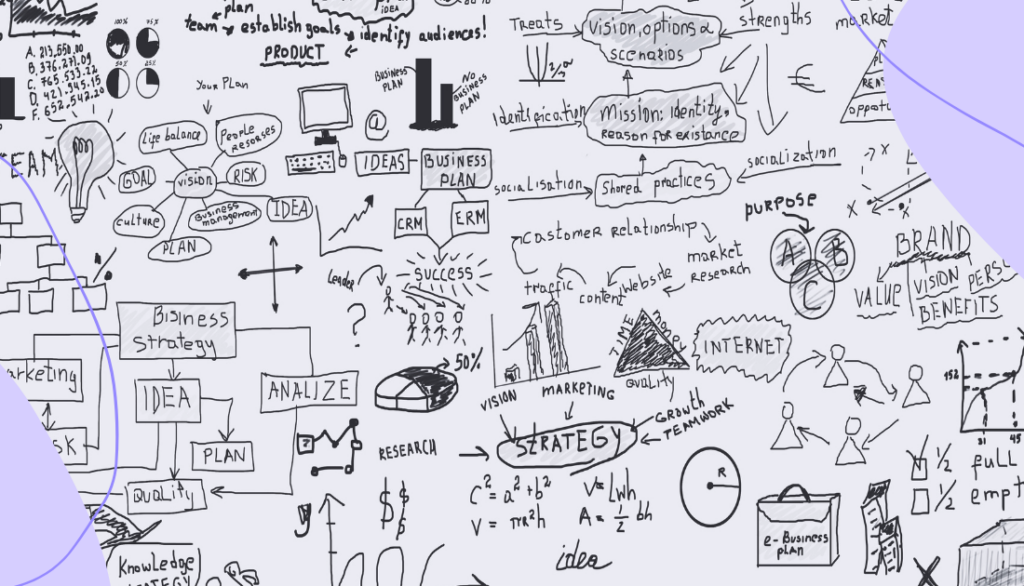Episode 67
How to build authentic professional relationships with a quarterly engagement plan
10 min listen
Episode 66
10 min listen

Listen to the Episode
Episode Summary
Are you tired of the usual hustle of trying to make more connections without truly connecting? This episode cuts through the networking noise, offering a breath of fresh air with simple, down-to-earth strategies for building authentic professional relationships at work. Discover a focused quarterly plan for deepening ties with professionals who align with your goals and interests. By establishing clear career objectives, creating a targeted contact list, and fostering conversations beyond social media likes, you’ll learn how to make every interaction count.
Practical advice on how to use technology smartly ensures you engage with the right people consistently. Plus, get tips on crafting emails that open doors to genuine dialogue. Tune in to transform your approach to professional relationships and grow your career in a way that feels authentic and manageable. This episode isn’t just about expanding your contact list; it’s about enriching your professional journey, one real connection at a time.
Create your dream career, and life
- Book a free Career Strategy Call to learn how we can help you
- Get our free Career Roadmap to help you navigate your career
- Check out Career Strategy Lab, our 3-month career coaching program
Discussion Questions About The Episode
- Reflect on how focusing on genuine connections rather than the size of your network has influenced your professional journey.
- Considering your career goals and interests, who are the individuals you aim to build or nurture relationships with over the next quarter, and why do you feel they are pivotal to your growth?
- How do you currently manage your professional contacts, and could any of these strategies enhance your approach?
- Who would you reach out to this quarter, and what kind of content would you include in your email to make it significant?
- How might implementing a strategy of curated social media engagement affect your professional development and knowledge acquisition?
Episode Transcript
Sarah Doody [00:00:00]: Hey there. I’m Sarah Doody, host of the Career Strategy Podcast. Many professionals are seeking more impact, flexibility, growth, and let’s face it, getting paid what they’re worth. But how do you unlock this in your career? It starts with strategy. I’m taking you behind the scenes of what’s working for my career coaching clients. You’ll hear strategies and action yet sometimes against the grain, advice for how you can be the CEO of your career and stop dreading Mondays. Ready to level up your career? Let’s get after it. Welcome back to another episode of the Career Strategy Podcast.
Sarah Doody [00:00:42]: And today, we have strategy around networking. Now I don’t like the word networking. I think it brings up a lot of gross feelings, and people automatically think it’s about the size of your network that matters, and you just need to keep getting more and more connections on LinkedIn and things like that. And the whole thing feels super overwhelming. Right? That’s why I’m more of a fan of thinking of networking in terms of building authentic relationships. And this kind of reframe really helps you focus on the quality of the relationships and, I hope, kinda humanizes this whole thing. Right? When you when you think about network, kinda feels very transactional. Whereas if you focus on the quality of relationships and building really authentic connections, that feels a lot more human.
Sarah Doody [00:01:38]: Now, here’s the trouble that a lot of people run into. They know they need to build relationships with people, but how do you approach it? How do you fit that into everything else you need to do in your job, in your life, in your career, etcetera? So, today, I wanna give you a couple of really strategic and practical things you can do to build relationship and focus on certain topics and certain people on maybe a quarterly cadence. I really like to look at this in terms of what am I doing for the next 3 months. 1 month feels a little short. 1 year feels really long. So I want you to think about the relationships you want to focus on and nurture in the next 3 months. So here’s how you can do that. 1st of all, to decide the types of people you want to build relationships or nurture existing ones with, you need to be clear on, well, what are your priorities in your career? What are your needs? Where are topics you want to learn more about? What skill gaps do you have and who might you be able to learn from to fill those gaps? Are there people who work at companies where you think you’re gonna apply to in the next 12 months? Those would be great people to focus on.
Sarah Doody [00:03:05]: So before you can decide who you want to focus on, you need to identify your short and long ish career goals. So take some time to do that. Once you’re clear on those career goals and it it’s not just goals. It could be just areas of interest. Right? Maybe you’re really interested in AI or maybe you’re really interest interested in health care or something like that. That might help inform who you focus on for the next 3 months. Now here is a trick to help you stay focused on these people. I would make a Google Sheet or a document in your notes app or something like that, and I would write those people’s names down.
Sarah Doody [00:03:51]: And then I would cut and paste a link to their LinkedIn profile or if they have other places where they are active, maybe they have a website or they’re active on YouTube or something. Make a list of all the places that you are going to kind of check-in with that person and here’s why. So if you just go follow these people on social media or LinkedIn, etcetera, the only way you’re gonna see their posts is if you go to their profiles or if they serendipitously show up in your feed. And let’s face it, the feeds are often filled with a lot of junk and ads. Instead, if let’s say when you open up LinkedIn, instead of going to the feed, you go to your little list in your spreadsheet or your notes app and you just click to the 5, 10, however many profiles of people you’re wanting to learn from and engage with for those 3 months, that’s going to ensure that you actually see their content versus follow them and hope that the algorithm brings their content to you. But if you are intentional and proactive about this, this is gonna help you use social media more strategically so that you are really curating what you see. And then it makes it much easier to comment on posts they make. Maybe they wrote a little article or something like that.
Sarah Doody [00:05:18]: Makes it easy for you to see that and write a response in the comments or maybe you send them a message. But this helps bring focus to social media that can often feel so so overwhelming. So number 1, you need to be clear on who you want to focus on for the next 3 months. Number 2, you need to write those names down and put links to all of the places that you want to keep up with them, whether that’s their LinkedIn profile, YouTube, whatever. Right? Then the third thing you wanna do is prioritize sending one email to these people, just one, during those 3 months. That is not very difficult. Right? It’s pretty manageable. Now 1 a week would feel overwhelming and that would be weird to be receiving an email once a week from someone.
Sarah Doody [00:06:13]: But if you just prioritize sending a check-in email once during that 3 month period, that is gonna help nurture your relationship with them. Now, what do you write in that email? Well, this is why you are gonna proactively make that list so you can be frequently visiting their LinkedIn, YouTube, whatever it is, so that you can be engaging with and observing what are they talking about, what are they interested in right now, What articles are they really reading? What podcasts are they listening to? And in that email to them, you could say something like, hey. I remember you posted 2 weeks ago or last month this article on your LinkedIn or whatever it was, and you use that as a starting point to have a conversation with that person. These tips, I hope, are gonna help bring some structure and bring some sanity almost to the process of creating and or nurturing relationships with people that can help you advance your career, who can make introductions in the future, or just have overlapping interests to what you are curious and interested about right now. And one of the things I do on Twitter or UX, whatever we’re supposed to call it these days, on Twitter, you can make lists, and lists can be public or private. So I have some private lists where I add people and remove them every now and then depending on what my interests are. I think one of the lists is literally called people I am learning from. And every couple of months, I decide, oh, do I wanna keep that person on the list or not? And then instead of just going to Twitter and seeing the entire feed, I go to my list and I only see posts from people on that list.
Sarah Doody [00:08:11]: Now you can’t do that on LinkedIn, which is why I suggested you make a little Google Sheet or note or something to achieve that same concept as the list on Twitter. Alright, so if you do this it’s gonna help you go deeper in relationships with people instead of just furiously clicking the like or heart or laugh emoji on their post because, sure, you could call that engagement, but real engagement is when you have a conversation, And maybe sometimes you even notice you’re going back and forth in the comments on a LinkedIn post or something. Take it offline. Take it privately to the direct messages or to email or something. Get on the phone. Who knows? But hopefully, these tips help give you some practical things to do and help take the overwhelm and stress out of quote, networking, although we don’t call it that here, and instead help you develop more authentic relationships in your career and hopefully in less time that you think it takes. Alright. That is all I have for you today.
Sarah Doody [00:09:15]: Hope you were able to use these tips today or this week, and I will see you in another episode. Thanks for listening. Thanks for listening to the Career Strategy Podcast. Make sure to follow me, Sarah Doody, on Twitter, Instagram, YouTube, or LinkedIn. If anything in today’s episode resonated with you, I’d love to hear about it. Tag me on social media or send me a DM. And lastly, if you found this episode helpful, I’d really appreciate it if you could share it with a friend or give us a quick rating on Spotify or review on Apple Podcasts. Catch you later.
